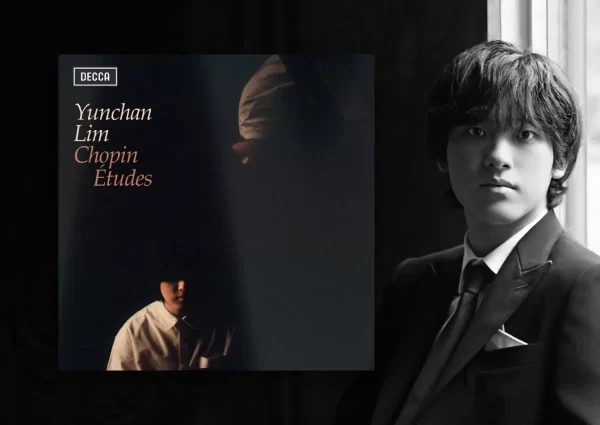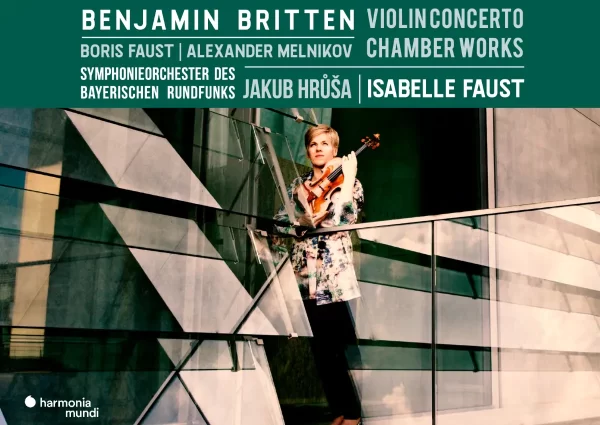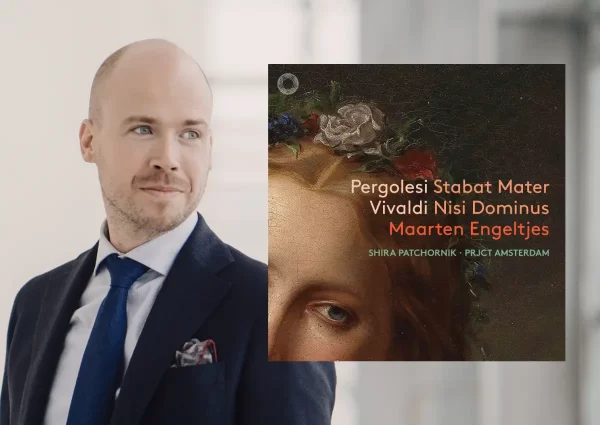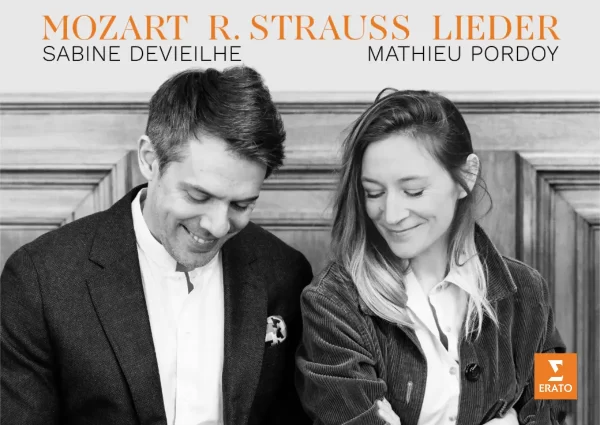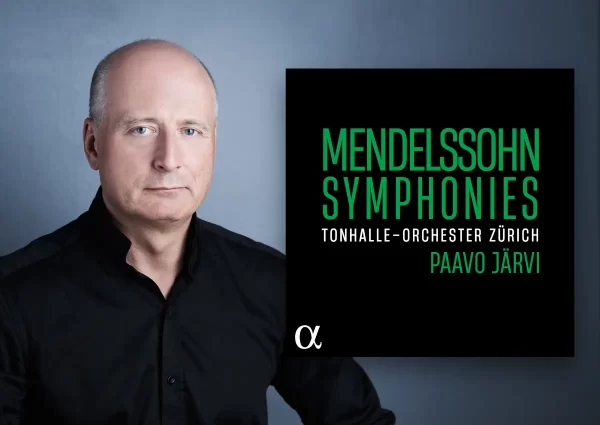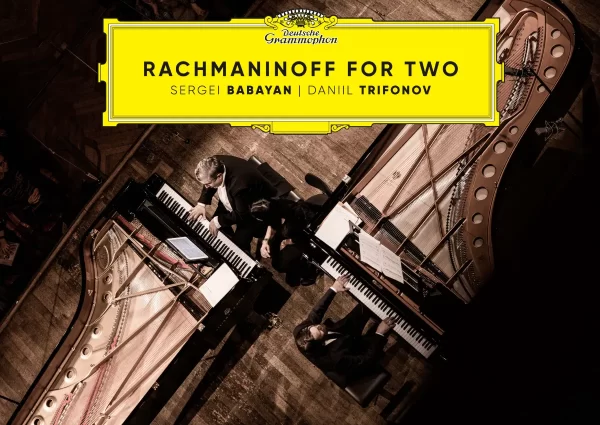In his most recent release on Signum Classics, pianist Alessio Bax performs an eclectic series of works by Bach, Rachmaninov, Dellapiccola, and Lizst. Like some of his earlier recordings, he brings pieces together thematically; this one explores connections to Italy.
Bach transcribed Venetian composer Alessandro Marcello’s Oboe Concerto in D Minor for the keyboard in the 1710s. Bax’s performance shows a good understanding of the piece in the context of the modern instrument. His playing is clean and not over-adorned, which allows us to appreciate the resulting clarity. At the same time, this also lets the natural timbres of the different registers to organically create the soloist-orchestra dialogue. Bax underscores the idea of simple beauty throughout: where this is coupled with stately energy in the first movement, the second movement shows it in a highly refined fashion. What stands out here is a perfectly executed balance: while his melody sings delicately, the evenness and subtlety of the accompaniment are just as impressive. Though most of the movement is hushed, he still manages to create many gradations of color. It is not just these shadings that create complexity, but also his careful attention to voicing: there are several points where interwoven melodic lines appear between the two outer ones, and Bax does a very nice job of bringing these out. What emerges is a beautiful multidimensionality out of a seemingly conventional texture.
The Corelli Variations explore the Italian connection in a very different context, through Rachmaninov’s neo-romantic idiom. The opening theme of the work, “La Folia”, was used by Baroque composer Archangelo Corelli in his Sonata for Violin and Continuo, Op. 5 No. 12. Bax’s performance here is regrettably not as strong as his Bach, mainly because it lacks consistency: some variations display his aforementioned pianism while others hinder them.
The overall interpretation seems a bit light-handed for several reasons: first, many of the tempi are too fast, pushing the listener along. Second, the articulation in certain places is not clear enough, robbing particularly the middle and latter, climatic variations of a necessary presence and momentum. Bax’s previous attempt at this piece (Warner, 2004) was noticeably more measured and clear-headed. Other recordings, such as Daniil Trifonov’s (DG, 2015), bring to the work a more fitting presence. To start, the theme could stay more stylistically true to its roots as a sarabande (a dance in a triple meter which places emphasis on the second beat); Bax forgoes this important rhythm for the sake of a more melodic interpretation, but it is certainly possible to reconcile the two elements. Alexander Romanovsky (Decca, 2009) does this very nicely, with the theme still sounding highly lyrical. Bax’s early variations are convincing, but issues start coming up in the middle: the fifth variation, for instance, suffers from a lack of distinct clarity. The monophonic staccato lines between the chords are an important component that bridge the vertical chords of the melody, but sound rushed and limp. A similar issue plagues Variation 11: here, the auxiliary arpeggiated notes are not given enough emphasis, leading to pockets of nebulous sound. Despite these issues, however, Bax’s musicality does shine through, as in the two D-flat major variations that are rich and contemplative.
Related Classical Music Reviews
- Review: “Destination Rachmaninov – Arrival” – Piano Concertos No. 1 & 3 – Daniil Trifonov
- Review: Saint-Saëns – Piano Concertos 3 and 5 – Lortie, Gardner
- Review: Beatrice Rana Plays Ravel and Stravinsky
Luigi Dellapiccola’s “Quaderno musicale di Annalibera” brings the modern Italian connection to the album but is also an homage to Bach. An interesting choice, it is a series of 12-tone compositions. From carefully measured to whimsical, Bax’s interpretation brings out the multifaceted nature of the work. Particularly nice are Accenti and Contrapunctus Primus (tracks 27-28).
From the two Liszt pieces that close the album – “St. François d’Assise: La prédication aux oiseaux” and the “Dante” Sonata from “Années de pèlerinage” – the Dante Sonata stands out as a superb rendition. Just like the epic poem upon which it is based (Dante Alighieri’s “Divine Comedy”), it is a work of equally grand pianistic proportions. Bax shines in a high-energy interpretation, playing with presence and clarity that was somewhat lacking in the Corelli Variations. His performance not only showcases his technical ability but various aspects of his musical sensitivities, from virtuosic to nuanced. Once again, a well-calibrated balance is Bax’s strength: despite the thick and technically demanding nature of the work, Bax consistently maintains a dialogue between the melody and accompaniment (listen to 3’43”-4’02”, where the octave accompaniment is well-articulated but appropriately light in relation to the melody). The overall architecture of the piece is also well-thought-out, with the slow middle section nicely paced. This not only creates a welcome respite from the intensity of the opening, but also shows the pianist’s ability to make the piano shimmer in delicate sections. The section builds seamlessly into a thundering conclusion. This is an exciting listen indeed, and a strong finish to the album.
The sound engineering is nicely done, allowing for a close-up yet atmospheric experience. Despite some reservations, this album presents a strong delivery from Bax and an enjoyable listen.

“Italian Inspirations“
Bach – Concerto in D minor after Alessando Marcello
Rachmaninov – Variations on a Theme of Corelli
Luigi Dallapiccola – Quaderno musicale di Annalibera
Liszt – St. François d’Assise: La prédication aux oiseaux, Après une Lecture du Dante: Fantasia quasi sonata
Alessio Bax – Piano
Signum Classics, CD SIGCD611
Recommended Comparisons
Read more classical music reviews or visit The Classic Review Amazon store
Follow Us and Comment:
Get our periodic classical music newsletter with our recent reviews, news and beginners guides.
We respect your privacy.



